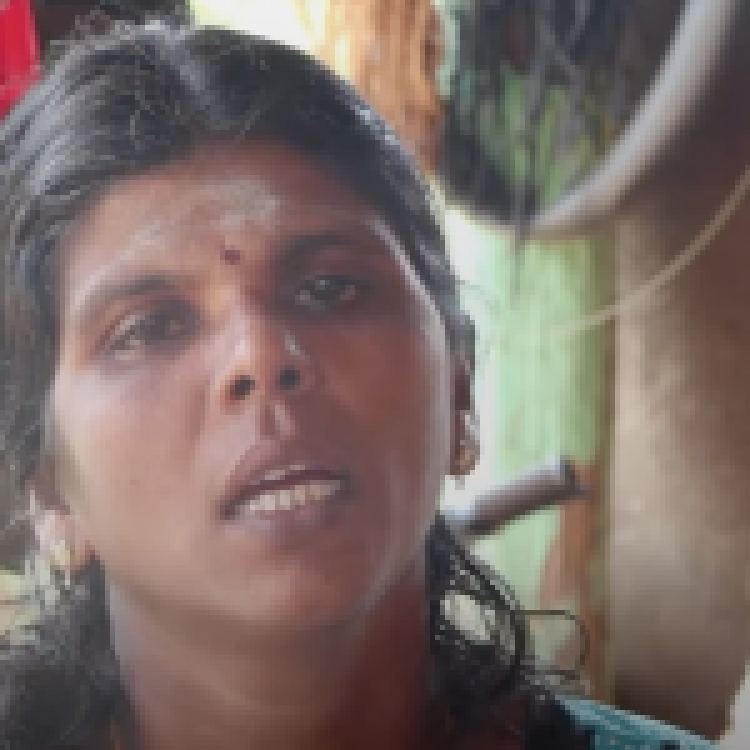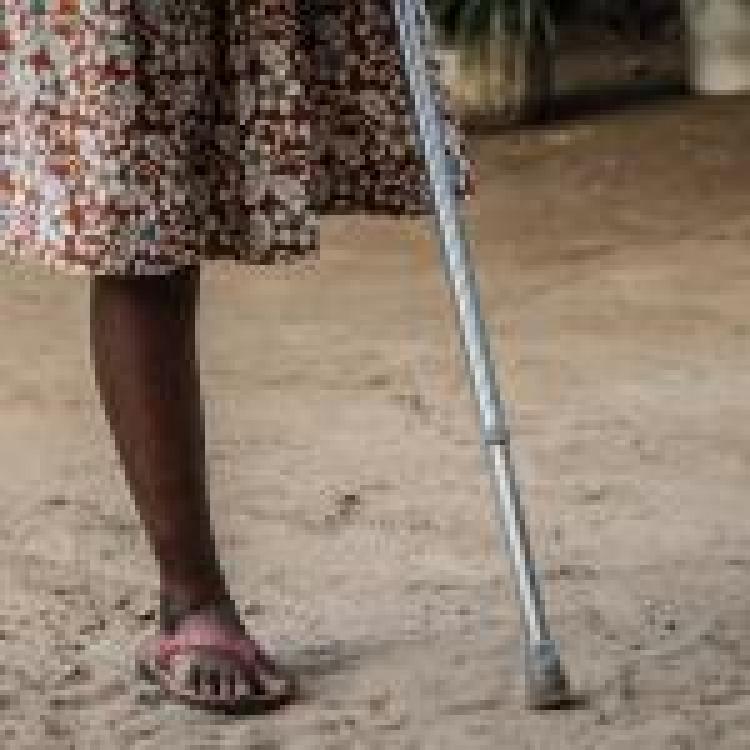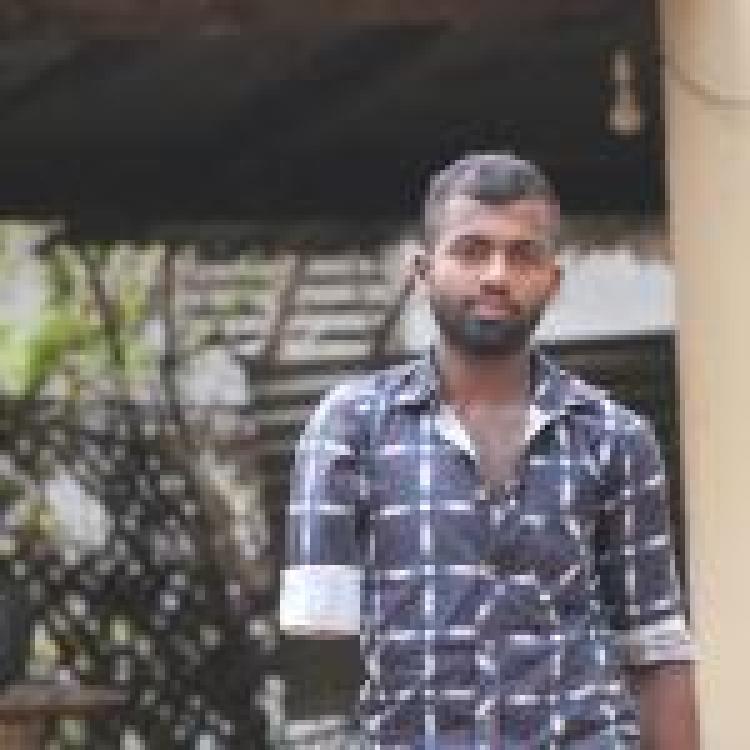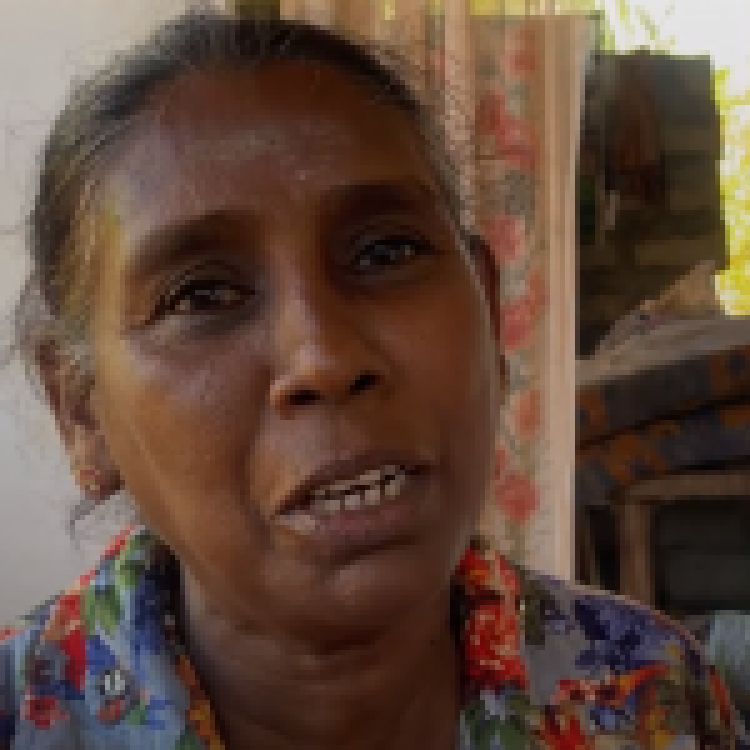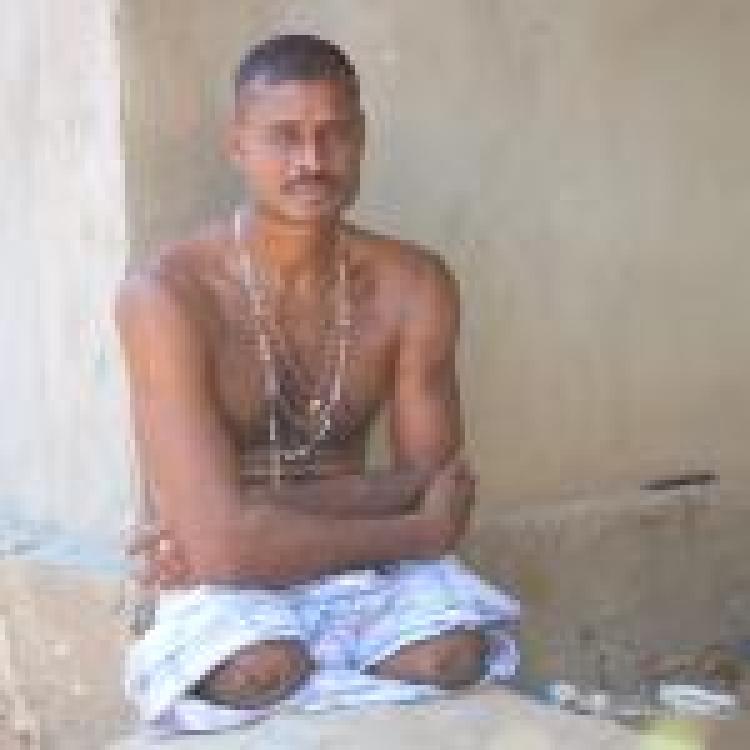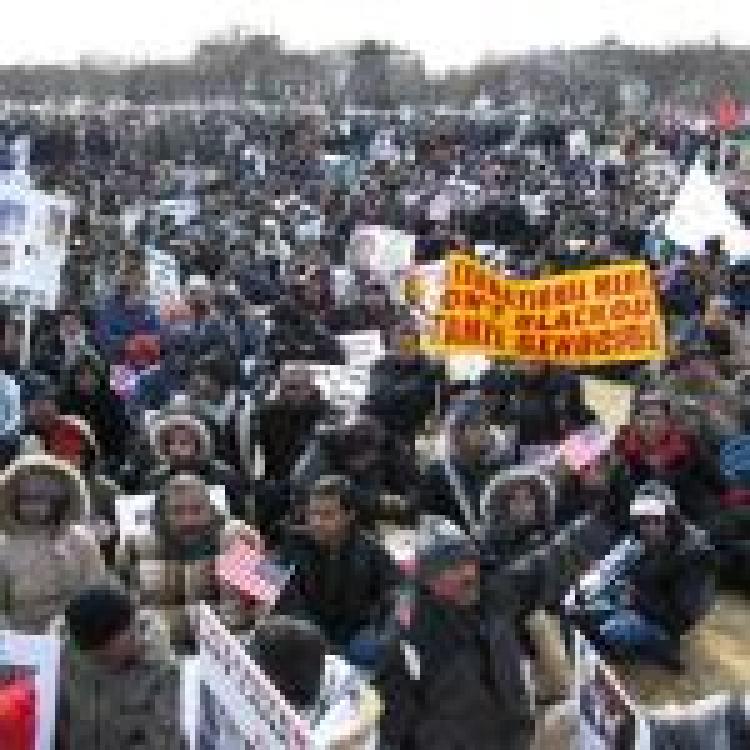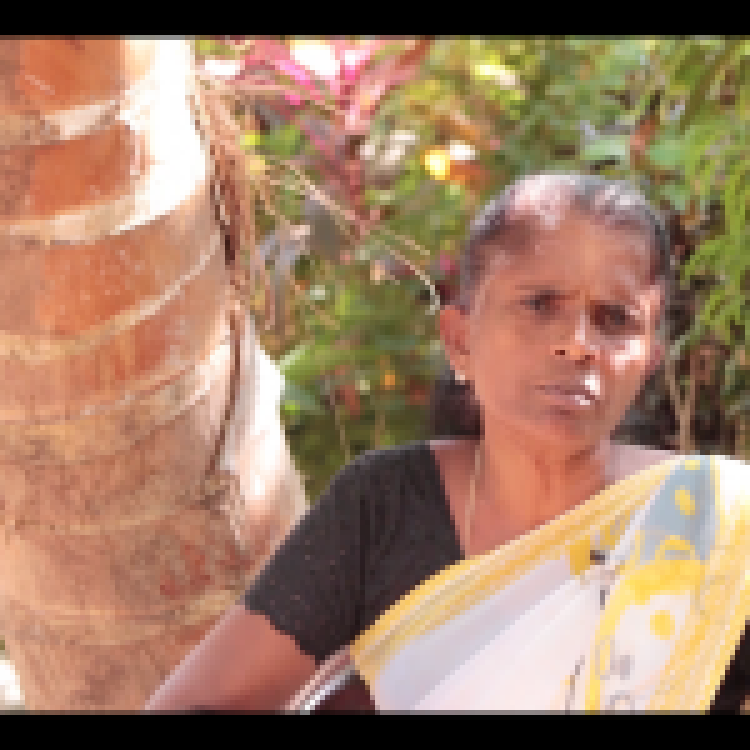As part of a series marking 13 years since the atrocities of Mullivaikkal, we share a reflection from the homeland.
The following reflection was transcribed verbatim from an interview conducted by the Adayaalam Centre for Policy Research.
_____
Three of my children were killed in an artillery attack on the same day at the same place. If they were alive today, the eldest son would be 20 years old, daughter would be 17 years old, and the youngest son would be 15 years old. With them, nine members of my family, including my mother-in-law, my husband’s 6-year-old sister, his younger brother, brother’s wife, their 6-year-old son and their 9-month-old daughter, were killed in that incident. Six of them were children.
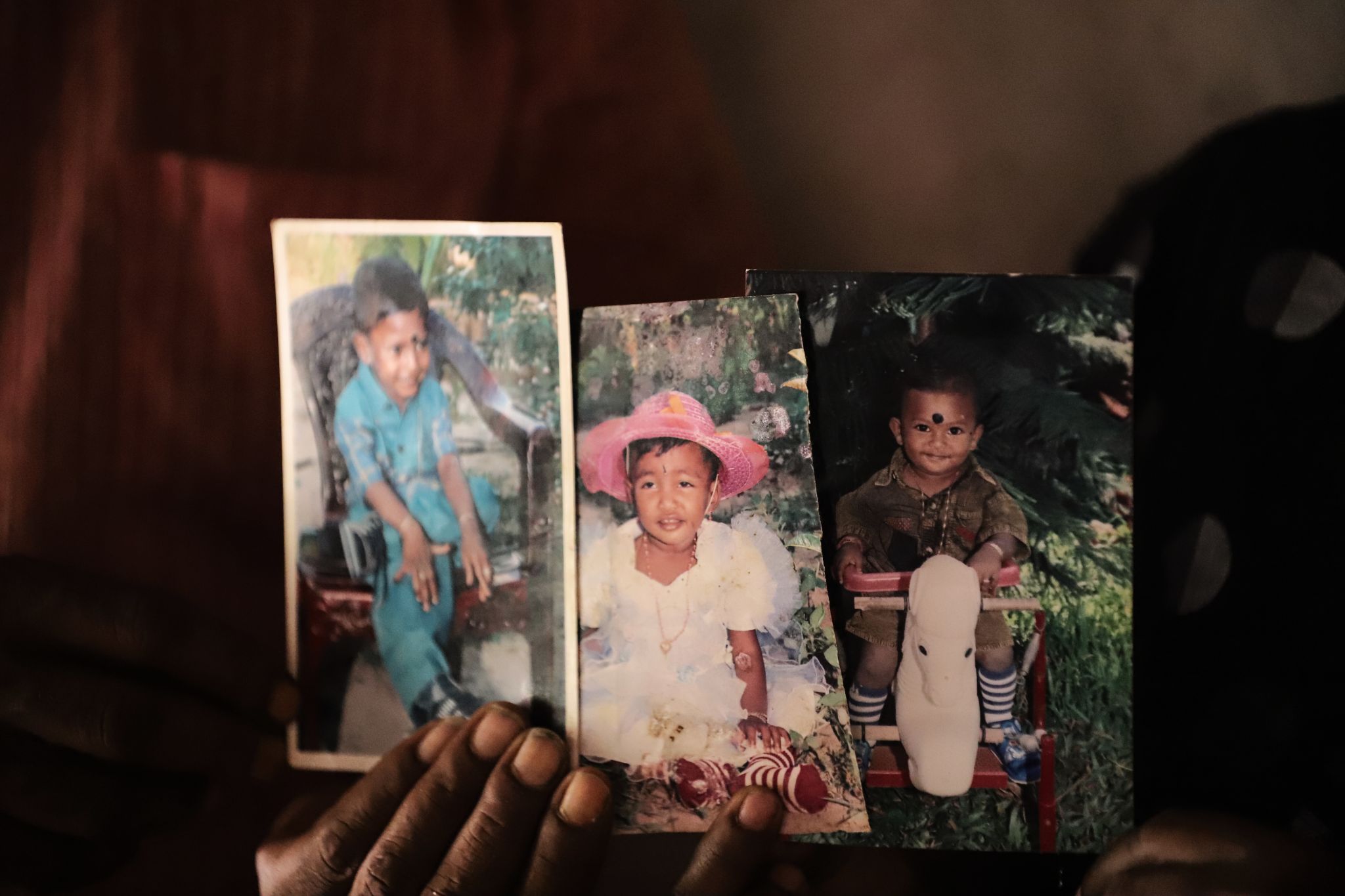
On the second of February of 2009, it had only been three days since we moved closer to the Maathalan beachfront. Our eldest son was 7 years old, our daughter was 4 years old, and our youngest son was 2 years old. Whenever we got displaced to a new place, my husband would dig a bunker. But he could not do so this time as it was a beachfront. You cannot dig a bunker on a beachfront. The sand will keep crumbling as you dig. So, all of us were staying in temporary shelters, which were adjacent to each other. On that day, we did not have cookable rice. But we had a bag of rice, which needed to be milled. So, we took it to a mill. When we returned, we got to know that an artillery had fallen on top of our shelter and killed them all.
My daughter had a head injury. Among the dead, only her body was intact enough for us to look at. The rest of them were found in pieces. We were only able to bury our daughter properly. We collected the body parts of others and buried them together. I still vividly remember all of it.
We moved out of our home in Kaiveli, Puthukkudiyiruppu in December 2008. Since then, we stayed in various places as our displacement continued. This incident happened when we were en route to Maathalan. Our eldest son, Matheepan Kesavan started to attend school when we were in our hometown. Our daughter, Matheepan Priya was getting ready to attend preschool. However, the war started before she could join the preschool and we had to move out of our hometown. Going to school was her biggest dream. I was ready with a new school bag and new clothes for her to join the preschool. She carried them with her as we moved from place to place. ‘I want to go to preschool. When will it start?’ was the question she would ask me often. I would tell her that when the war is over and the army vacates our land, we can return to our home and then she can go to preschool. My children did not know anything about the war and artillery attacks. In the end, she was unable to go to preschool as she desired. That is our unforgettable regret. Even when we were in Maathalan, our son used to make and fly kites. Our youngest son Priyatharshan, who was 2 years old at that time, would never leave me.
On that fateful day, I prepared roti for breakfast and left our children with my mother-in-law to go to the mill. When we returned, our whole family was not alive. Children who were of similar age as my children are all grown up now and studying well. Some are going to work and looking after their families. I would often think that if my children were alive today, they would have been like them too.
From the day we lost our three children, my husband became mentally affected. I lost only my children, but he lost not only his children but also his mother, sister, brother and brother’s family. He became very unstable. He is a lot better now after returning to our hometown and having another son together.
We will never be able to forget this. Now they are saying that the war is over, and peace has returned to the nation. Our hearts are still burning. We will not forgive those who are responsible for this. How can we forgive those who mercilessly shelled and killed my children, who would have had a better future had they been alive today?
Matheepan Anusha (Mother)
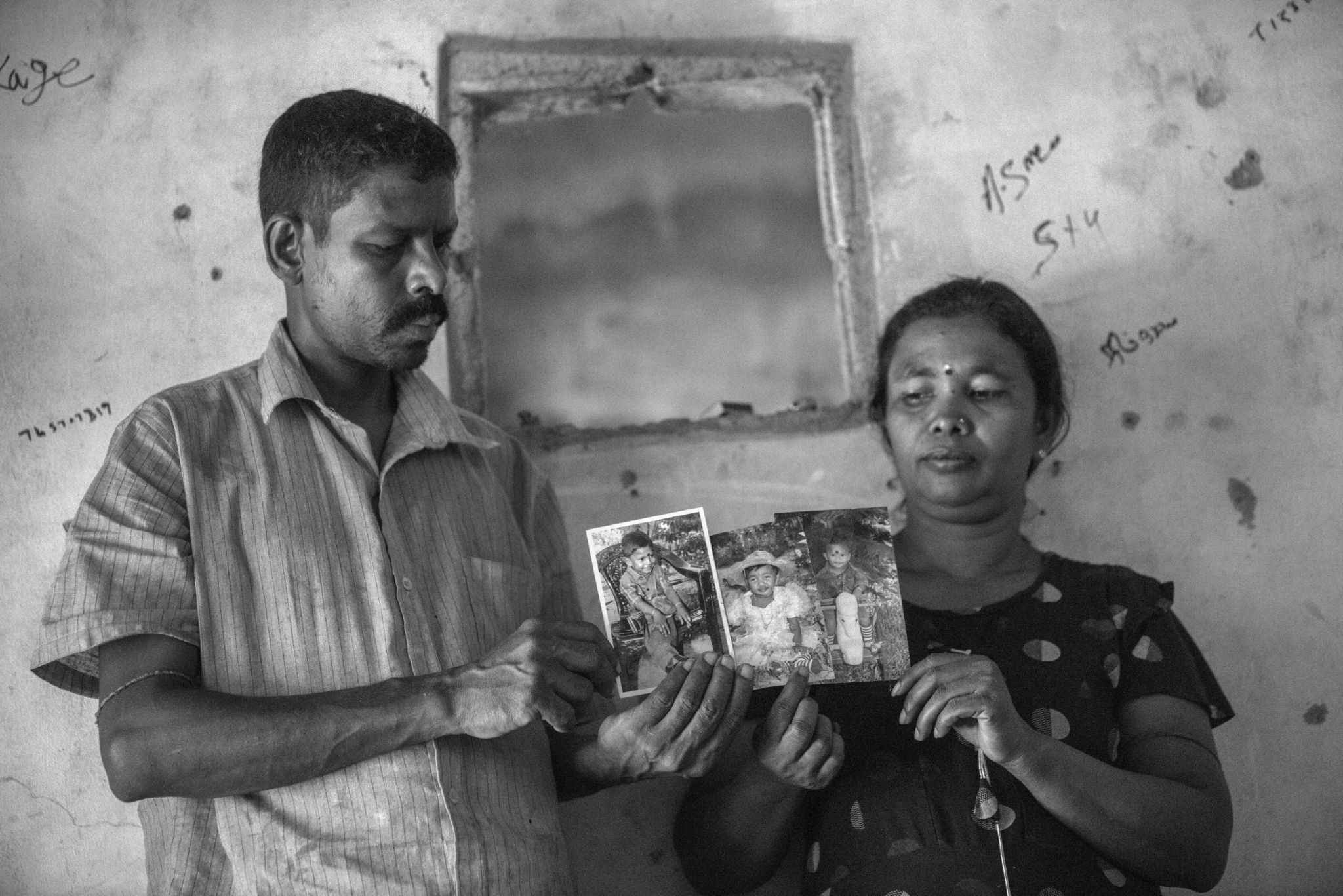
_____
See more reflections on our website www.RememberMay2009.com

